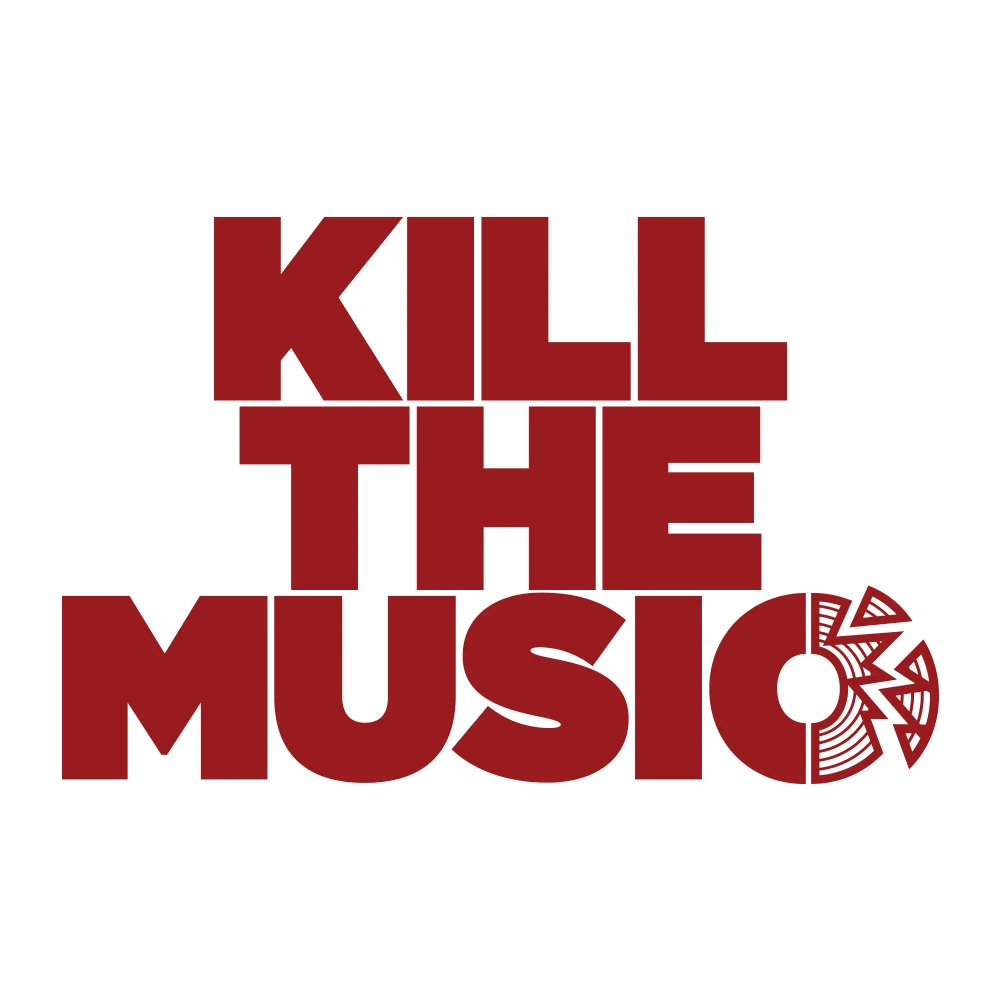Michael Beinhorn is a Grammy-nominated music producer who has played a pivotal role in the making of many of the top records of the last four decades. Some of his production credits include work on watershed albums from the likes of Soundgarden, Red Hot Chili Peppers, Korn, Marilyn Manson, Hole, Soul Asylum, Ozzy Osbourne, Mew, Social Distortion, Violent Femmes, Herbie Hancock, The Bronx, The Golden Palominos and Black Label Society.
Tell us a little about yourself and your experience.
For over 37 years, I’ve produced a wide variety of recordings. In 1978, I cofounded a band called Material and, in 1983, co-wrote and co-produced a song for Herbie Hancock called “Rockit”. After that, I produced recordings for bands from the Red Hot Chili Peppers to Soundgarden to Marilyn Manson to Korn. It’s been a wild and wonderful ride.
What drove you to choose your career path?
I just enjoyed music and sound and as I got further into the process of producing, I discovered that enjoyment was deepened by the experience of working with artists. I’ve always been mainly a music fan and everything that transpired has just extrapolated from that. I have never felt as if I picked the job- it picked me.
How did you go about getting your job? What kind of education and experience did you need?
At the start, all I had was a little attitude and a strong opinion. At one point, I discovered that no one wanted to know about the attitude or my opinion, so I learned how to be opinionated and diplomatic. Going into this, I had very little in the way of education- I was mainly an autodidact and learned as I went along. The experience I got came to me as I continued on, it all sort of happened in real time. And, I managed to find myself in the right places at the right times.
What do you actually spend the majority of your time doing?
Working on music, preparing a college curriculum and enjoying my wife and baby son.
What misconceptions do people often have about your job?
There are quite a few. For starters, most people don’t seem to understand what pre-production really is. As a producer, people see the job as being more of a guy who sits in a room and gets sounds for a band instead of being an active creative participant in the entire recording process across the board. A lot of people envision music production as being very glamorous, when in reality, it can be very arduous, time-consuming work.
What are your average work hours?
That really varies. Depending on how many projects I’m on, what my role in them consists of and whether or not they're time sensitive, my work day can last anywhere from 2-18 hours per day. With breaks, of course.
What personal tips and shortcuts have made your job easier?
So many. One of the best things I’ve learned is giving myself permission to get up and walk away from something I’m working on if it’s starting to feel like too much of an uphill battle. The work will still be there when you return and it will flow better when you come back to it refreshed.
What do you do differently from your coworkers or peers in the same profession?
Tough question to answer- first, because I don’t know anyone else who does the kind of work I’m doing and second, I really don’t know how other people work at producing records.
Do you have any advice for people who need to enlist your services?
If you’re ready to take your music to the next level, you won’t find a better way to get there. Beyond that, it’s really a matter of diving in.
What's the worst part of the job and how do you deal with it?
I can’t think of a single bad aspect of doing pre-production. I truly love it.
What's the most enjoyable part of the job?
I think that the best part of doing creative work is coming up with ideas that are truly transformative to an artist’s work and then, implementing those ideas. That’s one of the most satisfying and inspirational experiences a person can have.
What kind of money can one expect to make at your job?
That really varies. I think it depends on what level of artist you’re working, what kind of work you’re doing with them and frequently you’re doing it.
How do you move up in your field?
By being really, really good and really, really determined. That’s my methodology, anyway.
What advice would you give to those aspiring to join your profession?
Be prepared to work very hard in order to excel, and try develop your own aesthetic so your work is clearly distinguishable from the work of everyone else who is trying to do the same thing as you.

